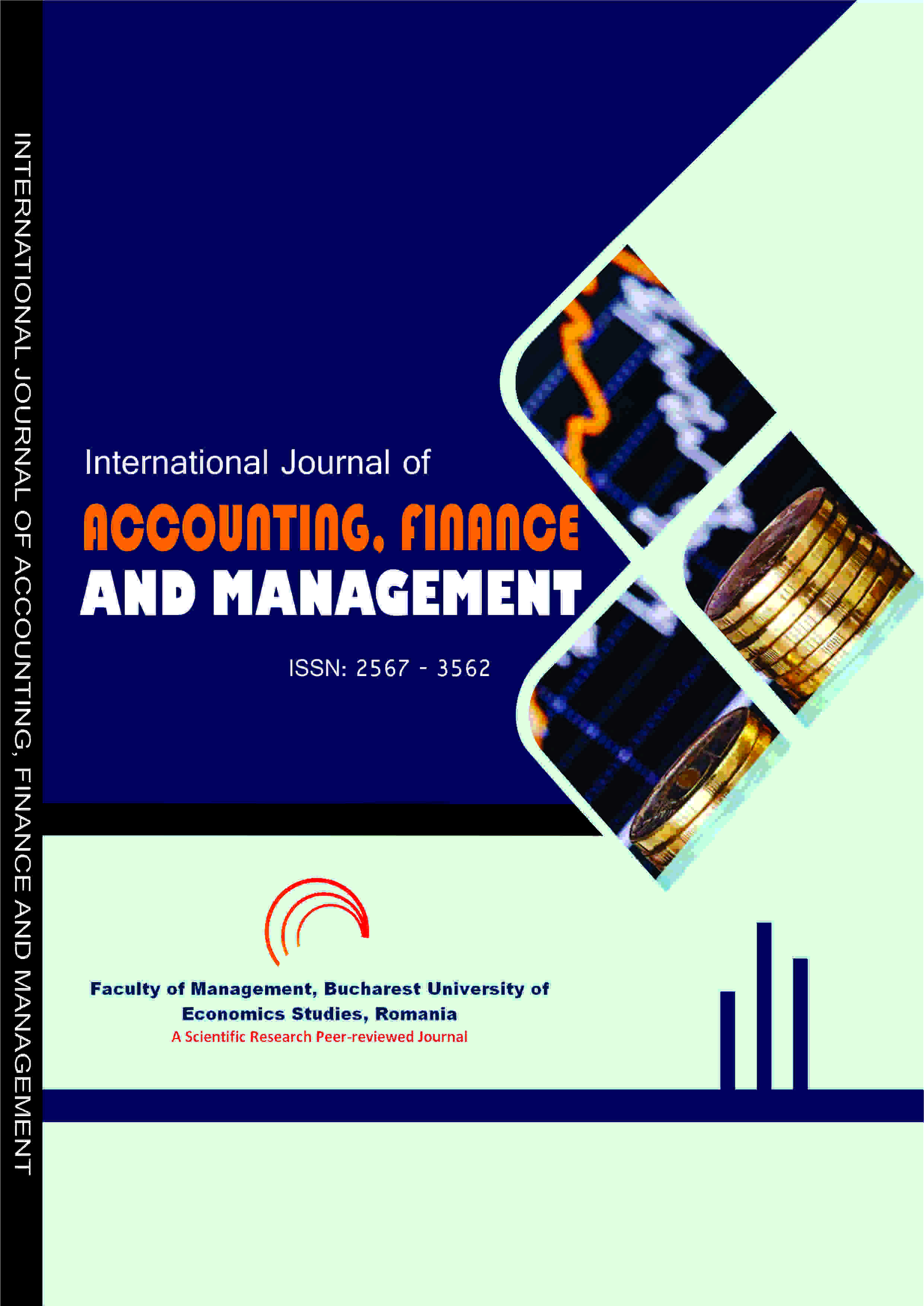INTERNATIONAL JOURNAL OF ACCOUNTING, FINANCE AND MANAGEMENT (IJAFM)
EDUCATION PROMOTES LEADERSHIP TO MAKE PEOPLE DRIVE
E-ISSN: 5669-4522
P-ISSN: 2567-3562
DOI: https://iigdpublishers.com/journals/186
The Concept of Leadership is as old as Human history. Even in time immemorial one of the human beings had to guide others either through action or symbols and thus protect the rest of group members from external assault. Playing such a role led to strengthen the bond. The one who emerged as guide became self-imposed leader. The continuity of leadership role promoted the concept unity. With development of civilization the emergence of leadership took more strong hold. This was the era of natural leadership. The person with inborn wit and wisdom dominated the rest of the people. The wisdom coupled with boldness gave more strength to the leader. These self-emerged leaders eventually took hold of authority over others and subsequently became rulers. Rulers were commonly focusing on strengthening their hold on the state resources and with vested interest, least caring for socio economic welfare of the population at large, devoted to add to wealth for their own progeny. Resultantly majority of the population remained deprived of the basic necessities of life. In fact with was used to be played knowingly to keep the people depressed with little courage to raise voice against the dynasty. The western democracy produced this type of leaders who are concerned with grabbing powers of using rather misusing public resources to benefit his own family and promote nepotism. It is here that a line of difference is drawn between a leader and a politician. A politician is after securing votes to access the official authority least caring for the peoples’ preferences. He uses the ladder which helps him climb the throne. Contrary to this a leader always thinks of the betterment of the whole generation. A leader works for promoting socioeconomic welfare of the people disregarding the hurdles in way. He surmounts the difficulties and provides opportunities to the people for their growth and success. This paper traces out the factors which makes a man leader with characteristics distinctive. It also discusses the significance of education in polishing the faculties of a person which help in playing a positive role in the growth of society.
Junaid Athar Khana PhD & Basharat Khand PhD
Al Dhaheri, A. (2022). Does being culturally intelligent make you a transformational and adaptable leader? Journal for Multicultural Education, 16(4), 387–398. https://doi.org/10.1108/jme-12-2021-0235
Bahret, A. P. (2021). Reliability Culture. https://doi.org/10.1002/9781119612483
Biesta, G. (2022). Good teaching, good teacher education, and the education of the teacher’s eye. Encyclopedia of Teacher Education, 752–755. https://doi.org/10.1007/978-981-16-8679-5_21
Chadderton, C. (2018). Career Education and guidance and race (in)equality in England. Career Guidance for Emancipation, 81–97. https://doi.org/10.4324/9781315110486-6
Elmuti, D., Minnis, W., & Abebe, M. (2005). Does education have a role in developing leadership skills? Management Decision, 43(7/8), 1018–1031. https://doi.org/10.1108/00251740510610017
